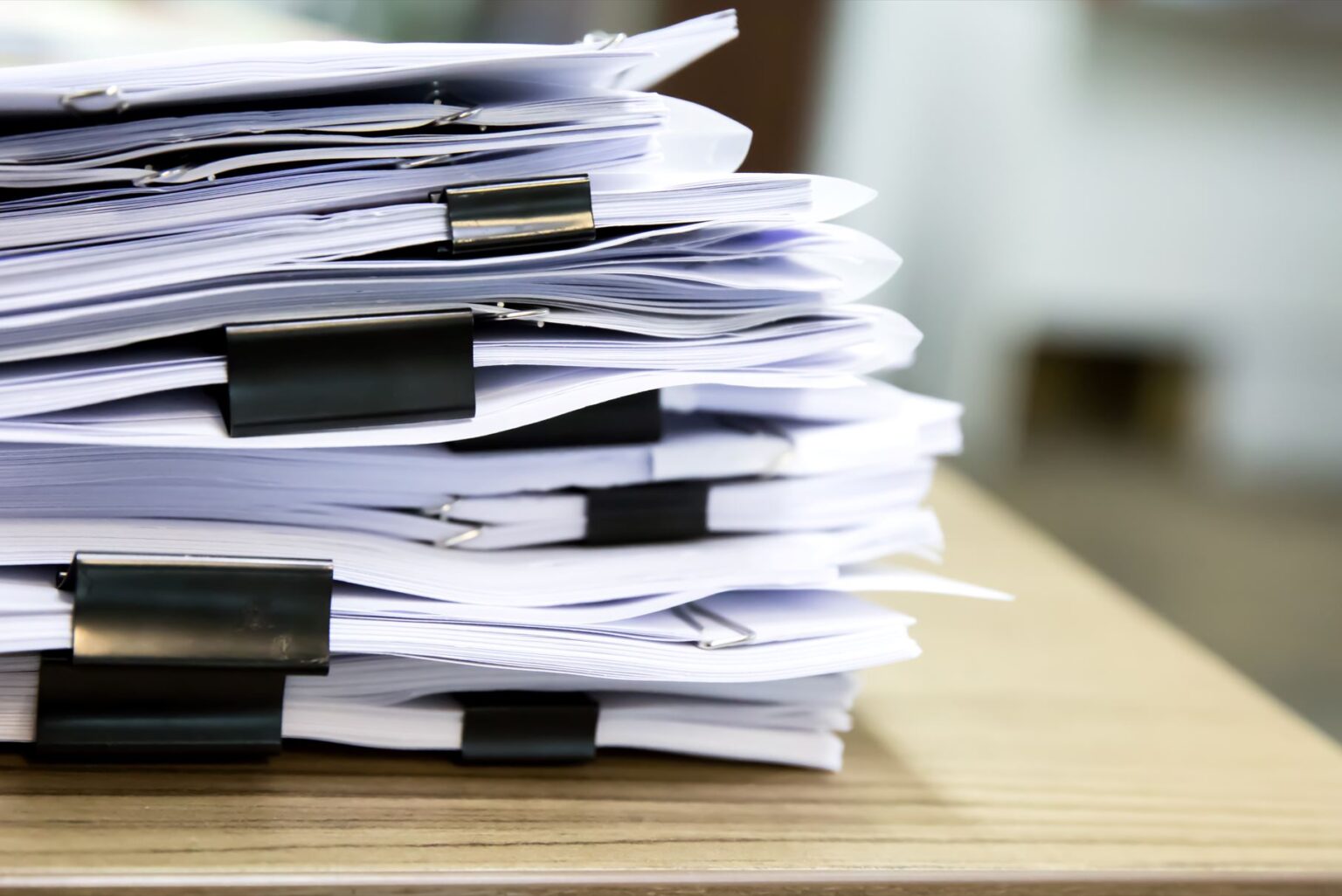New plenipotentiary for strategic energy infrastructure appointed
The Polish Press Agency has reported that Prime Minister Mateusz Morawiecki appointed a new Government Plenipotentiary for Strategic Energy Infrastructure. Mateusz Berger, who has held the post since July last year, will be replaced by Anna Łukaszewska-Trzeciakowska, the current Deputy Minister of Climate and Environment.
„On June 2, 2023, this function was taken over by Anna Łukaszewska-Trzeciakowska, previously Undersecretary of State at the Ministry of Climate and Environment,” government spokesman Piotr Müller said.
The main task that the Prime Minister set before the new Plenipotentiary is to continue work on the implementation of solutions ensuring further energy independence of the country and a sustainable approach to Poland’s raw materials policy.
Anna Łukaszewska-Trzeciakowska is a gradute in economy and holds an MBA. In the years 2002-2007 she was associated with the defense industry, where she was responsible for international projects, restructuring, consolidation, international cooperation, strategic business projects, as well as for supervision of foreign delegations. Her other positions include the President of the Kozienice Power Plant and a plenipotentiary position at the Ministry of Maritime Economy and Inland Navigation.
Polish Press Agency / Jędrzej Stachura
Orlen has a climate policy on paper. Four points on the road to carbon neutrality
Orlen presented a climate policy that will help it to achieve carbon neutrality in 2050. The Group’s strategy took into account climate change, new regulations and the expectations of customers and investors. The document „Climate Policy” complements it, and in it one can find information about climate risks and opportunities. It consists of four main parts:
– the main objectives of the strategy and actions in the area of mitigation, as well as adaptation to climate change,
– risk management processes together with the results of climate risk and opportunity analysis,
– presentation of the structure of corporate bodies responsible for managing climate risks and opportunities,
– information on decarbonisation targets and carbon footprint.
Orlen’s climate policy was developed in accordance with the TCFD guidelines (Task Force on Climate-Related Financial Disclosures, a task force for disclosing climate-related financial information established by the Financial Stability Board). They aim to harmonise information published by individual companies on financial risks related to climate impacts.
The document can be found here.
Orlen Group / Jędrzej Stachura
In two or three years, Poles may open a CO2 prison under the Baltic Sea
„Within 2-3 years, the first pumpings of CO2 into storage under the bottom of the Baltic Sea will be possible,” said Grzegorz Strzelczyk, President of Lotos Petrobaltic, when asked by BiznesAlert.pl at the 2023 Oil and Gas Conference.
He added that the company had been „intensively” cooperating for two years with PGNiG and the Kraków University of Technology under the patronage of Piotr Dziadzio – Chief National Geologist on pumping CO2 into „oil and gas underground workings, because these are the most optimal locations for CO2 storage”. „We are carrying out an inventory of such geological resources in the Baltic Sea in the Polish shelf. Under our three concessions (…) we estimate that around 133 million tonnes of CO2 could be stored. The entire Polish zone, according to preliminary, cautious data, is the size of a billion tons of CO2 ,” pointed out Strzelczyk.
He noted that due to the fact that there are no regulations that would allow such a process, the Ministry of Climate and Environment has prepared a change in the law. „The most important issue is the attitude of KOBIZE (the National Centre for Emissions Management) and how to account for CO2 capture. For the whole process to make economic sense, emitters must be allowed to deduct from their emissions the carbon dioxide that is disposed of by storage. There are still discussions with KOBIZE and the Ministry,” Strzelczyk said. He added that „the EC also envisages some changes to CCS so that this process can be more widely used.”
He pointed out that, according to his knowledge, „in the coming days, weeks” legislative changes are to go to the Sejm, i.e. mining and geological law. „These changes have been consulted with the industry,” he said.
„From the technical side, we are constantly making preparations for our B3 declining deposit, which we operate, and first of all we would like to inject CO2 to this deposit. In this area, we cooperate very closely with Grupa Azoty, and within the Orlen Group as well. If we were able to pump this carbon dioxide in, I think that such a pilot capture could take place in 2 to 3 years,” said Strzelczyk.
He noted that when it comes to the transport of carbon dioxide over the Baltic, Lotos Petrobaltic was „after preliminary talks with our friends from Azoty”. We could collect CO2 from Azoty in Police by ship as the company has its own quay and then pump it into our B3 deposit,” Strzelczyk said.
Lotos Petrobaltic informs on its website that it is the only Polish mining company engaged in the exploration and exploitation of oil and gas deposits on the Polish Baltic Sea shelf, as well as provides comprehensive offshore logistics services, marine research services and fleet management. As of August 1, 2022. LOTOS Petrobaltic is part of the Orlen Group.
Lotos Petrobaltic’s oil and gas exploration and research concessions cover three areas with a total size of 3,177 square kilometers. They are located in the eastern part of the maritime territory of the Republic of Poland. Lotos Petrobaltic and its subsidiary also have two concessions for the extraction of fossils from deposits B3 and B8, which are currently in operation.
Polish Press Agency / Wojciech Jakóbik









